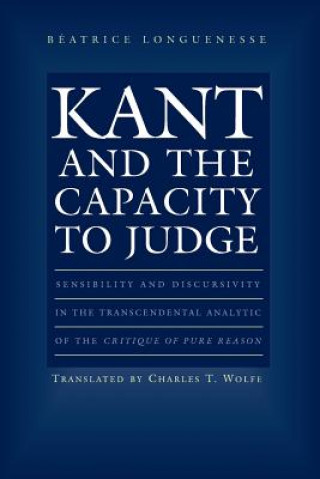
Kód: 04640164
Kant and the Capacity to Judge
Autor Beatrice Longuenesse
Kant claims to have established his table of categories or "pure concepts of the understanding" according to the "guiding thread" provided by logical forms of judgment. By drawing extensively on Kant's logical writings, Beatrice L ... celý popis
- Jazyk:
 Angličtina
Angličtina - Vazba: Brožovaná
- Počet stran: 440
Nakladatelství: Princeton University Press, 2001
- Více informací o knize

1983 Kč

Skladem u dodavatele v malém množství
Odesíláme za 10-14 dnů
Potřebujete více kusů?Máte-li zájem o více kusů, prověřte, prosím, nejprve dostupnost titulu na naši zákaznické podpoře.
Přidat mezi přání
Mohlo by se vám také líbit
-

Revolution in Eating
589 Kč -

Hostage Child
1121 Kč -

Reforming Brazil
1742 Kč -
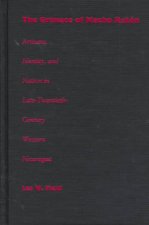
Grimace of Macho Raton
3557 Kč -

Personaleinsatz
1977 Kč
Dárkový poukaz: Radost zaručena
- Darujte poukaz v libovolné hodnotě a my se postaráme o zbytek.
- Poukaz se vztahuje na celou naši nabídku.
- Elektronický poukaz vytisknete z e-mailu a můžete ihned darovat.
- Platnost poukazu je 12 měsíců od data vystavení.
Více informací o knize Kant and the Capacity to Judge
Nákupem získáte 198 bodů
 Anotace knihy
Anotace knihy
Kant claims to have established his table of categories or "pure concepts of the understanding" according to the "guiding thread" provided by logical forms of judgment. By drawing extensively on Kant's logical writings, Beatrice Longuenesse analyzes this controversial claim, and then follows the thread through its continuation in the transcendental deduction of the categories, the transcendental schemata, and the principles of pure understanding. The result is a systematic, persuasive new interpretation of the Critique of Pure Reason. Longuenesse shows that although Kant adopts his inventory of the forms of judgment from logic textbooks of his time, he is nevertheless original in selecting just those forms he holds to be indispensable to our ability to relate representations to objects. Kant gives formal representation to this relation between conceptual thought and its objects by introducing the term "x" into his analysis of logical forms to stand for the object that is "thought under" the concepts that are combined in judgment. This "x" plays no role in Kant's forms of logical inference, but instead plays a role in clarifying the relation between logical forms (forms of concept subordination) and combinations ("syntheses") of perceptual data, necessary for empirical cognition. Considering Kant's logical forms of judgment thus helps illuminate crucial aspects of the Transcendental Analytic as a whole, while revealing the systematic unity between Kant's theory of judgment in the first Critique and his analysis of "merely reflective" (aesthetic and teleological) judgments in the third Critique.
 Parametry knihy
Parametry knihy
Zařazení knihy Knihy v angličtině Humanities Philosophy Philosophy: epistemology & theory of knowledge
1983 Kč
- Plný název: Kant and the Capacity to Judge
- Podnázev: Sensibility and Discursivity in the Transcendental Analytic of the Critique of Pure Reason
- Autor: Beatrice Longuenesse
- Jazyk:
 Angličtina
Angličtina - Vazba: Brožovaná
- Počet stran: 440
- EAN: 9780691074511
- ISBN: 0691074518
- ID: 04640164
- Nakladatelství: Princeton University Press
- Hmotnost: 684 g
- Rozměry: 237 × 165 × 26 mm
- Datum vydání: 23. January 2001
Oblíbené z jiného soudku
-

Tetralogue
249 Kč -
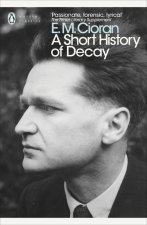
Short History of Decay
276 Kč -

Trade Like a Stock Market Wizard: How to Achieve Super Performance in Stocks in Any Market
624 Kč -
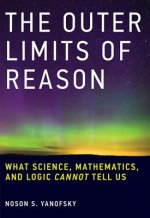
Outer Limits of Reason
622 Kč -
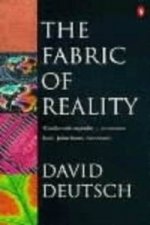
Fabric of Reality
335 Kč -
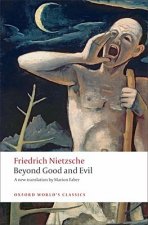
Beyond Good and Evil
249 Kč -

What Does It All Mean?
1316 Kč -
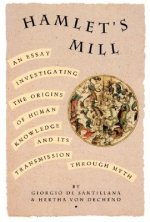
Hamlet's Mill
561 Kč -

Truth and Method
823 Kč -
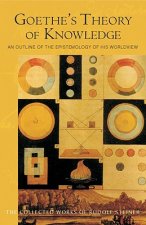
Goethe's Theory of Knowledge
496 Kč -
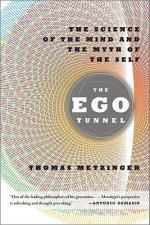
Ego Tunnel
584 Kč -
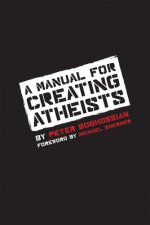
Manual for Creating Atheists
372 Kč -
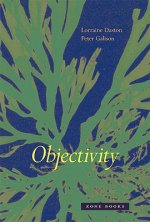
Objectivity
759 Kč -
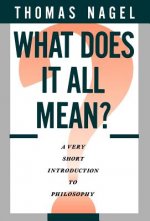
What Does It All Mean?
708 Kč -

Lectures on the Will to Know
466 Kč -
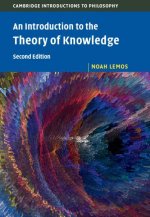
Introduction to the Theory of Knowledge
1097 Kč -
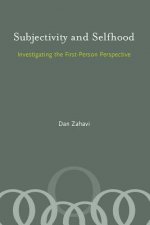
Subjectivity and Selfhood
924 Kč -
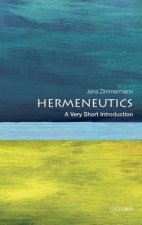
Hermeneutics: A Very Short Introduction
249 Kč -
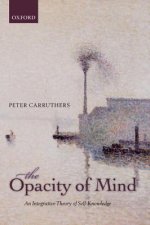
Opacity of Mind
547 Kč -
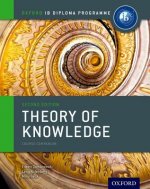
Oxford IB Diploma Programme: Theory of Knowledge Course Companion
1981 Kč -
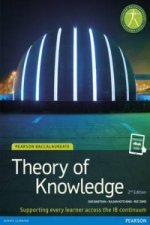
Pearson Baccalaureate Theory of Knowledge second edition print and ebook bundle for the IB Diploma
1401 Kč -
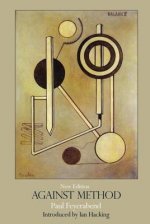
Against Method
702 Kč -
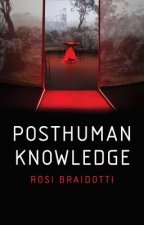
Posthuman Knowledge
509 Kč -
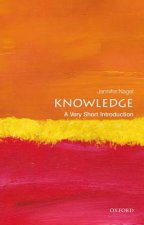
Knowledge: A Very Short Introduction
254 Kč -

Being Wrong
303 Kč -
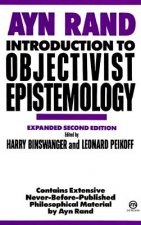
Introduction to Objectivist Epistemology
724 Kč -

Ecstasy of Communication
384 Kč -
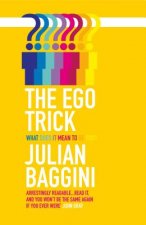
Ego Trick
276 Kč -
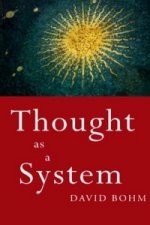
Thought as a System
1415 Kč -

Self and Other
1037 Kč -
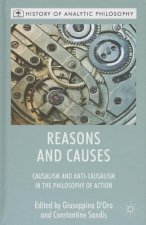
Reasons and Causes
3611 Kč -

Soul of the Marionette
303 Kč -
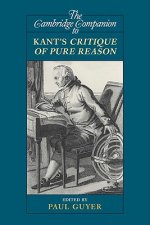
Cambridge Companion to Kant's Critique of Pure Reason
904 Kč -
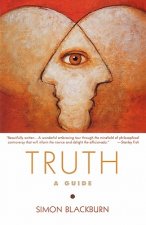
Truth
389 Kč -
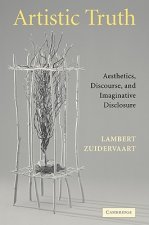
Artistic Truth
1275 Kč -

Self
303 Kč -

Freedom Regained
276 Kč -
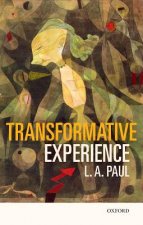
Transformative Experience
760 Kč -
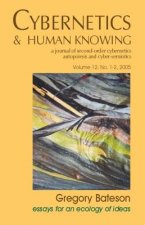
Gregory Bateson
605 Kč -
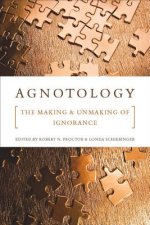
Agnotology
706 Kč -
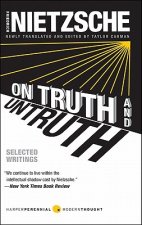
On Truth and Untruth
296 Kč -

Introduction to the Theory of Knowledge 2e
650 Kč -

Failure
549 Kč -
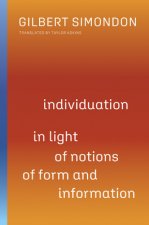
Individuation in Light of Notions of Form and Information
805 Kč -
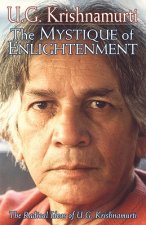
Mystique of Enlightenment
481 Kč -
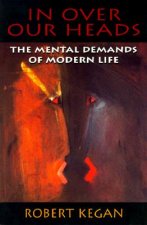
In Over Our Heads
1082 Kč -
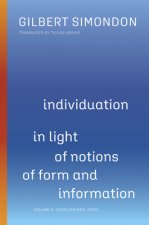
Individuation in Light of Notions of Form and Information
822 Kč -
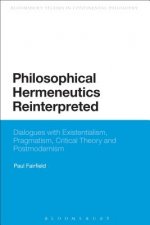
Philosophical Hermeneutics Reinterpreted
1741 Kč -
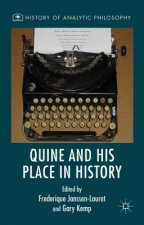
Quine and His Place in History
3313 Kč
Osobní odběr Praha, Brno a 12903 dalších
Copyright ©2008-24 nejlevnejsi-knihy.cz Všechna práva vyhrazenaSoukromíCookies


 Vrácení do měsíce
Vrácení do měsíce 571 999 099 (8-15.30h)
571 999 099 (8-15.30h)